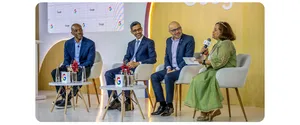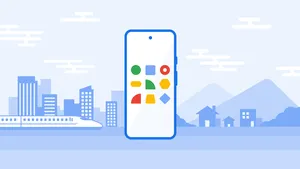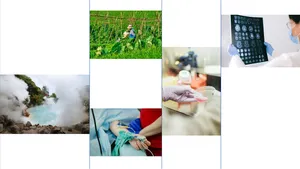Saathis bring the Internet to life for thousands of women across rural India

Usha is just one of many Internet saathis—or “Internet companions”—who have helped over 200,000 women across India take their first steps online since we started this program with Tata Trusts back in July.
In a country where only a third of Internet users are women, and where just one in ten Internet users is a women in rural India, there’s a lot of work that needs to be done to bridge the digital gender divide. Women living in rural areas often lack not only access to Internet-enabled devices, but many are also unaware of how the Internet can help them in their daily lives.Our efforts to provide training on basic Internet skills to women across the country began with an Internet rickshaw nearly two years ago. Built on the back of a bike, the rickshaw was equipped with an Internet-enabled devices, information on using the web and an operator to explain. Over time, we recognized that to make a difference, we needed to be embedded within the communities we were working in. Having local women trainers, or companions, at the village level as trainers today is what makes Internet Saathis scalable, sustainable and truly impactful.
The Internet Saathi [pronounced sah-thee] program is a collaboration between Google and Tata Trusts, with Google helping to train the trainers and providing data-enabled devices. Once the saathis are trained, they are introduced into the communities through Tata Trust’s vast network which they built over many years through active community work in villages across India.
Saathis like Usha show women—many of whom are illiterate—how to perform basic tasks online, for example, using voice search to find information that can help them with everything from farming techniques to medical advice. If they want to know how to solve a problem, all they need to do is ask.

Since launching Internet Saathi in July last year, we’ve been active across five states—Rajasthan, Andhra Pradesh, Gujarat, Jharkhand, and Madhya Pradesh. By expanding the program to four new states, including Assam, Tripura, Uttar Pradesh, and West Bengal, we hope to see many more inspiring stories like Usha’s and Munni’s in the months and years ahead. As we work towards helping India close its digital gender divide, we are hopeful that through the use of technology and access to information, many more women will be able to build better lives for themselves and their families.






